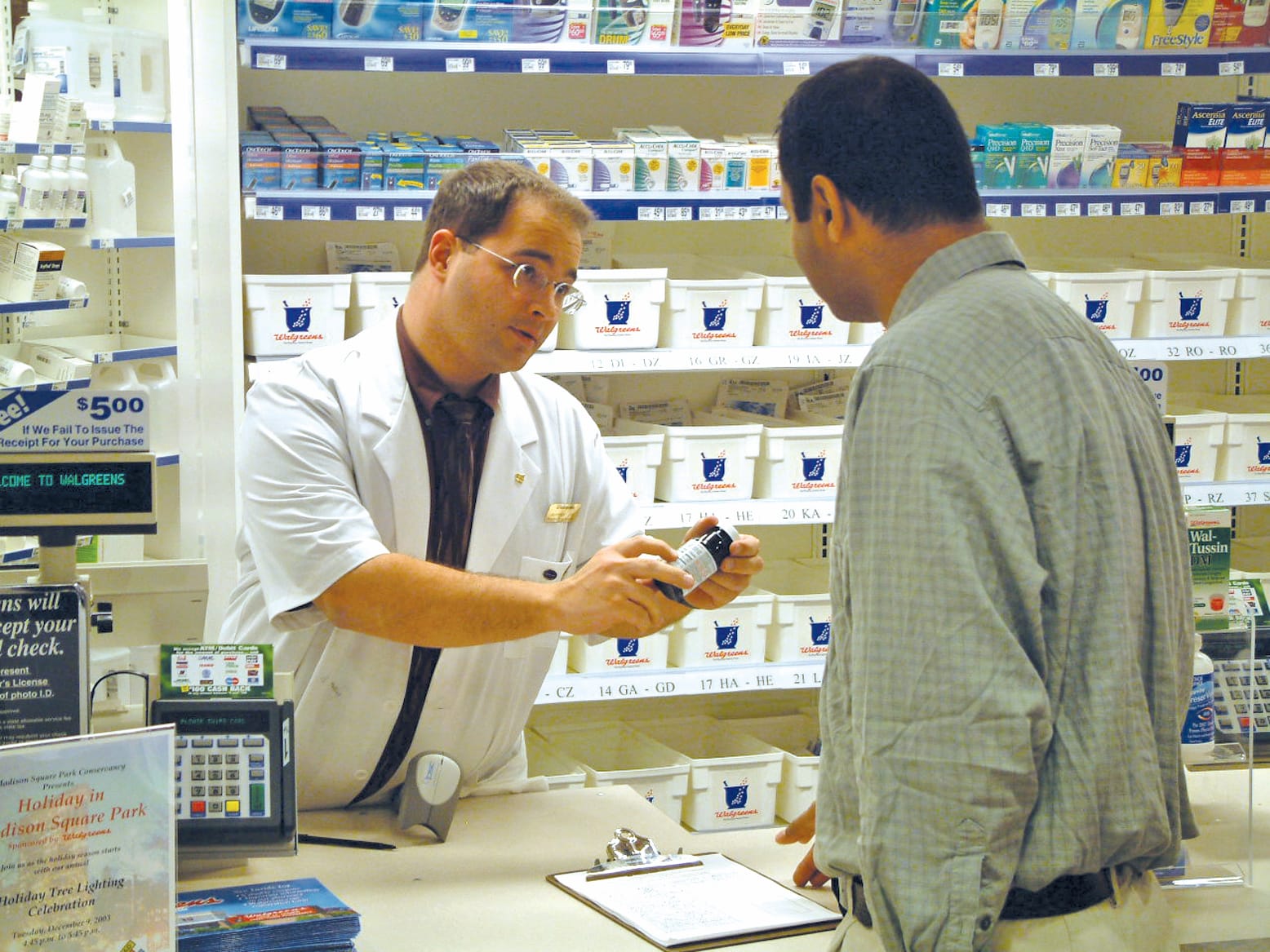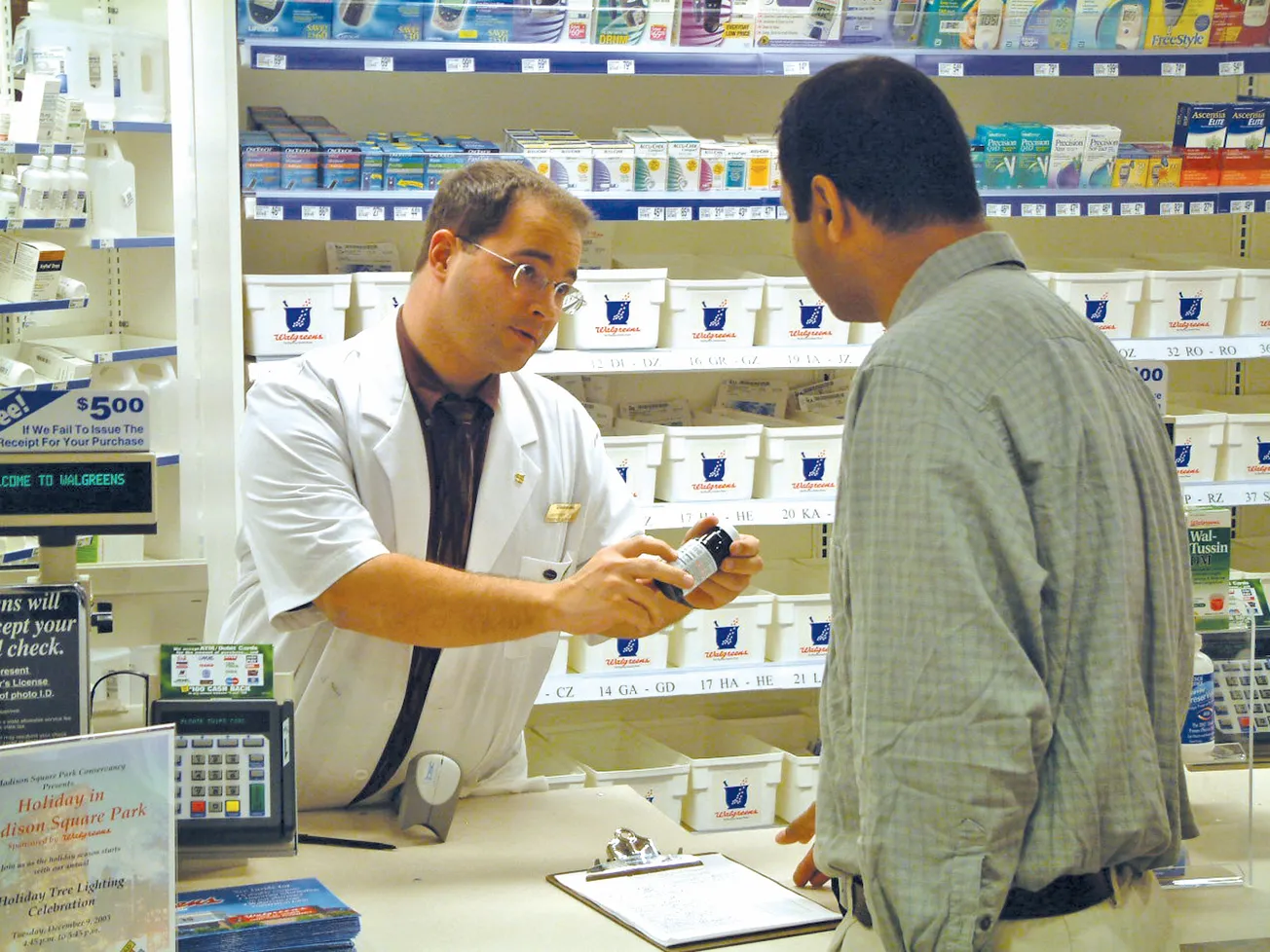WASHINGTON — New research shows nationally certified pharmacy technicians are more committed to a pharmacy career and have a greater desire to take on new and expanded responsibilities than noncertified. The study, “Assessing Pharmacy Technician Certification,” published in the June 2019 Journal of the American Pharmacists Association (JAPhA), compared the viewpoints of certified and noncertified technicians, and explored the perceived value of certification in the areas of medication safety, skills and abilities, experience, career engagement and satisfaction, and productivity.

Based on the findings, certified technicians have a stronger organizational commitment and view themselves as making fewer medication errors. They are more likely than noncertified to complete a pharmacy technician training program at a community college or vocational school, work 40 hours or more per week, and have an expectation for higher wages, according to the study.
The majority of respondents, both certified and noncertified, said they have confidence in performing the final check on another technician’s preparation of a new or refilled medication, a process known as Technician Product Verification (TPV) or tech-check-tech. Most in both categories reported a sense of pride in their work.
The Pharmacy Technician Certification Board (PTCB) funded the research through a grant, and played no role in the analysis, interpretation, or publishing of the results. “PTCB places the safety of patients above all, so we study technician credentialing and our own programs to ensure they advance medication safety by certifying qualified technicians,” said PTCB executive director and chief executive officer William Schimmel. “This research provides new data that identifies specific attributes of certified technicians, including higher career engagement and more desire for job advancement.
“As the role of the pharmacist continues to transform to more patient-focused direct care, there is an increasing call for technicians to fill advanced roles and responsibilities. This study tells us that certified technicians are more likely to have a desire for such duties and roles,” said Schimmel. “We use data like this to help inform our programs and demonstrate their value to the pharmacy community and the public.”
In March, PTCB announced it is expanding its credentialing programs, adding five assessment-based certificate programs for advanced roles, and an Advanced Certified Pharmacy Technician (CPhT-Adv) credential, during the next 2 years. The five certificate programs will include: Technician Product Verification (TPV); Medication History; Billing and Reimbursement; Controlled Substance Diversion Prevention; and Hazardous Drug Management. The TPV and Medication History programs will be the first to be offered later this year.
A 2016 PTCB-sponsored public perception survey revealed that 85% of the public believes it is very important for pharmacy technicians to be certified: 94% say their trust in pharmacy technicians’ work would increase with standardized certification and training; 76% say they would seek out a different pharmacy if their current pharmacy’s technicians were not certified. Respondents said certification’s major benefit is its impact on accuracy and professional knowledge.
Of the 45 states that regulate pharmacy technicians, 19 require national certification in their regulations. There are more than 288,000 active PTCB-Certified Pharmacy Technicians (CPhTs) in the US.









